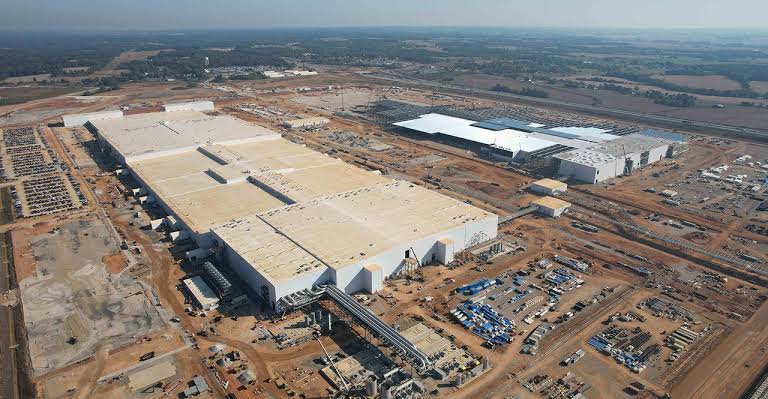โรงงานพวกนี้ใช้ materials level hazardous
มันตั้งในชุมชนข้างๆรั้วหมู่บ้านแบบในข่าวได้เหรอ ?
แล้วสร้างโรงงานขนาดนี้ไม่มีการขอ หรือทำเรื่องผ่าน จนท ได้ไง
ปกติโรงงานแบต มันต้องถูกจำกัดในเขตที่ห่างจาก community หรือชุมชนหมู่บ้านเพราะ process ในการกำจัดพวก waste ต้องใช้พื้นที่ และคำนึงถึง impact (ref ด้านล่าง)

Environmental Protection and Waste Management:
Waste Reduction and Recycling:
Battery factories are often required to minimize waste generation and utilize recycled materials in the manufacturing process.
Pollution Prevention:
Regulations are in place to prevent pollution of air, water, and soil from hazardous substances used in battery manufacturing.
Safe Handling of Hazardous Materials:
Rules are in place to ensure the safe handling, storage, and transportation of hazardous materials used in battery production.
Community Benefits:
Community Engagement:
Battery projects often involve community members in decision-making processes and provide incentives for participation in energy storage programs.
Local Economic Benefits:
Battery factories can create local jobs and contribute to the local economy.
Energy Savings and Renewable Energy:
Community batteries can help reduce energy bills for households and businesses by enabling greater renewable energy penetration in the local distribution system.
Social Connections:
Shared ownership of community batteries can strengthen social connections within the community.
Regulation and Standards:
Battery Passport:
The EU Battery Regulation requires a "Battery Passport" that provides information on the battery's carbon footprint, recycled content, and other relevant data.
Carbon Footprint Declaration:
The EU regulation requires a carbon footprint declaration for each battery model produced at a specified production location.
Due Diligence Requirements:
Economic operators are required to communicate due diligence policies to address social and environmental risks in their supply chains.
Recycled Content Requirements:
Regulations specify the percentage of recycled content required for certain battery types.
Collection Rates:
Regulations set target collection rates for end-of-life batteries.

จากกรณีนอมินีจีนถมดินสูงเพื่อทำโรงงานแบตเตอรี่ ในชุมชน มันสามารถทำได้ง่ายๆเลยเหรอ
มันตั้งในชุมชนข้างๆรั้วหมู่บ้านแบบในข่าวได้เหรอ ?
แล้วสร้างโรงงานขนาดนี้ไม่มีการขอ หรือทำเรื่องผ่าน จนท ได้ไง
ปกติโรงงานแบต มันต้องถูกจำกัดในเขตที่ห่างจาก community หรือชุมชนหมู่บ้านเพราะ process ในการกำจัดพวก waste ต้องใช้พื้นที่ และคำนึงถึง impact (ref ด้านล่าง)